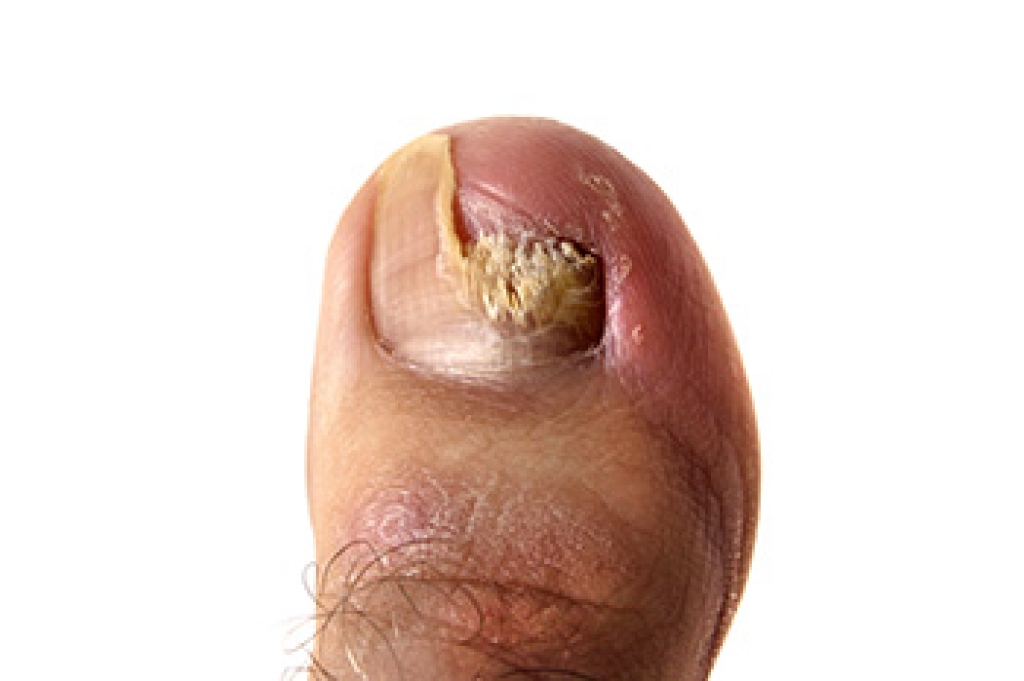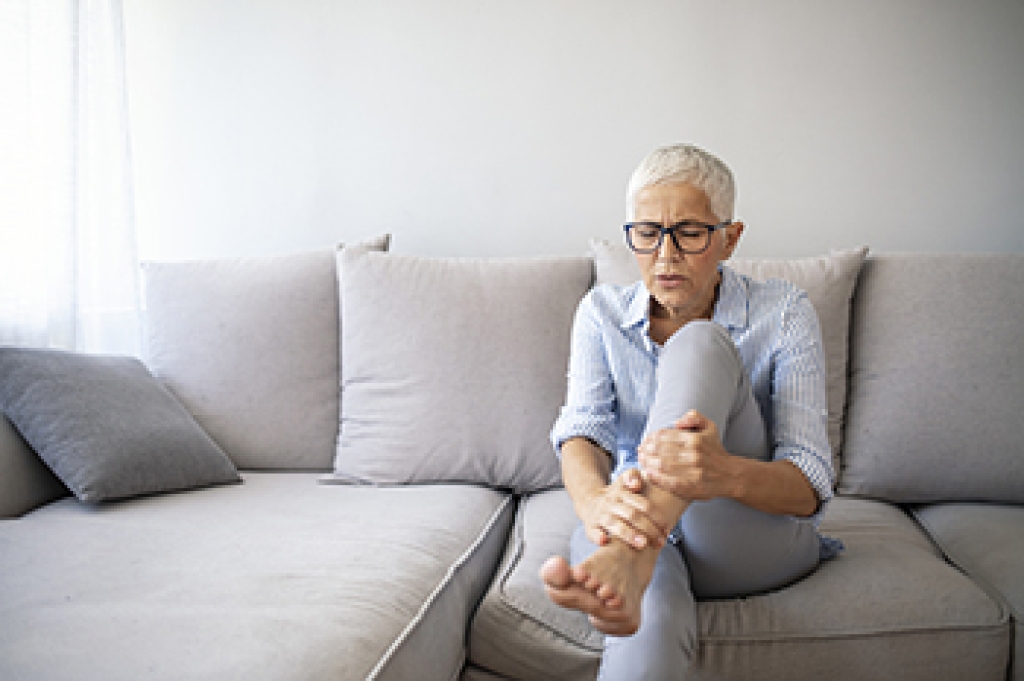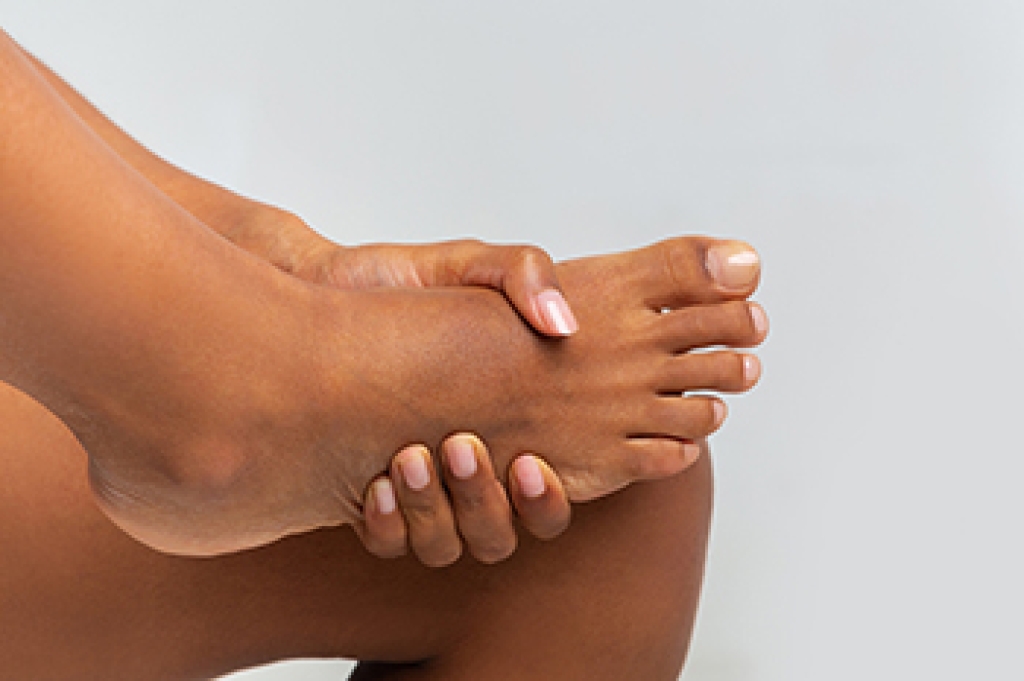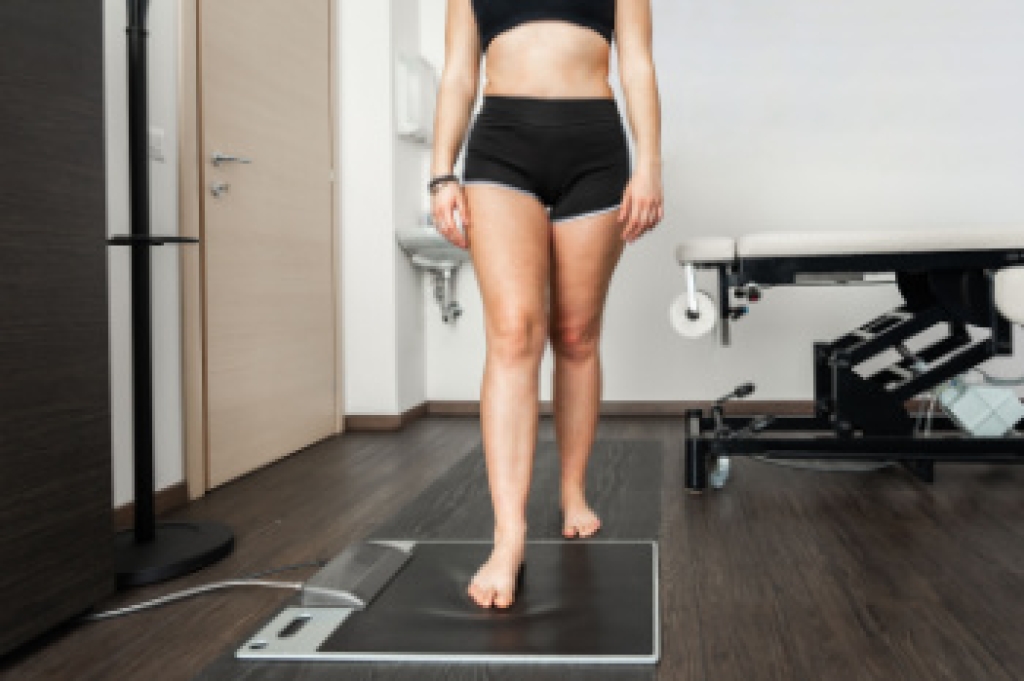
A toenail that begins to change in color, thickness, or texture may be a sign of infection. What often starts at the edge of the nail can spread across the surface, leading to yellow or white discoloration, brittle texture, and even complete crumbling of the nail plate. In more advanced cases, the nail may detach from the nail bed, which can cause swelling, discomfort, and sensitivity surrounding the toe. These changes occur more commonly in the feet because toes are often confined in warm, damp environments inside shoes, especially when worn for long periods of time. Walking barefoot in public places, like locker rooms, or wearing flip-flops in moist conditions can also increase risk. A podiatrist can carefully examine the affected nail, and identify the cause. Treatment of fungal toenails include trimming away damaged nail tissue, or, if necessary, performing outpatient surgery to remove the infected portion. If you notice changes to your toenails, it is suggested that you schedule an appointment with a podiatrist for an exam and appropriate treatment.
If left untreated, toenail fungus may spread to other toenails, skin, or even fingernails. If you suspect you have toenail fungus it is important to seek treatment right away. For more information about treatment, contact Afsha Naimat-Shahzad, DPM of Leander Foot & Ankle. Our doctor can provide the care you need to keep you pain-free and on your feet.
Symptoms
- Warped or oddly shaped nails
- Yellowish nails
- Loose/separated nail
- Buildup of bits and pieces of nail fragments under the nail
- Brittle, broken, thickened nail
Treatment
If self-care strategies and over-the-counter medications does not help your fungus, your podiatrist may give you a prescription drug instead. Even if you find relief from your toenail fungus symptoms, you may experience a repeat infection in the future.
Prevention
In order to prevent getting toenail fungus in the future, you should always make sure to wash your feet with soap and water. After washing, it is important to dry your feet thoroughly especially in between the toes. When trimming your toenails, be sure to trim straight across instead of in a rounded shape. It is crucial not to cover up discolored nails with nail polish because that will prevent your nail from being able to “breathe”.
In some cases, surgical procedure may be needed to remove the toenail fungus. Consult with your podiatrist about the best treatment options for your case of toenail fungus.
If you have any questions please contact our office located in Leander, TX . We offer the newest diagnostic and treatment technologies for all your foot and ankle needs.





